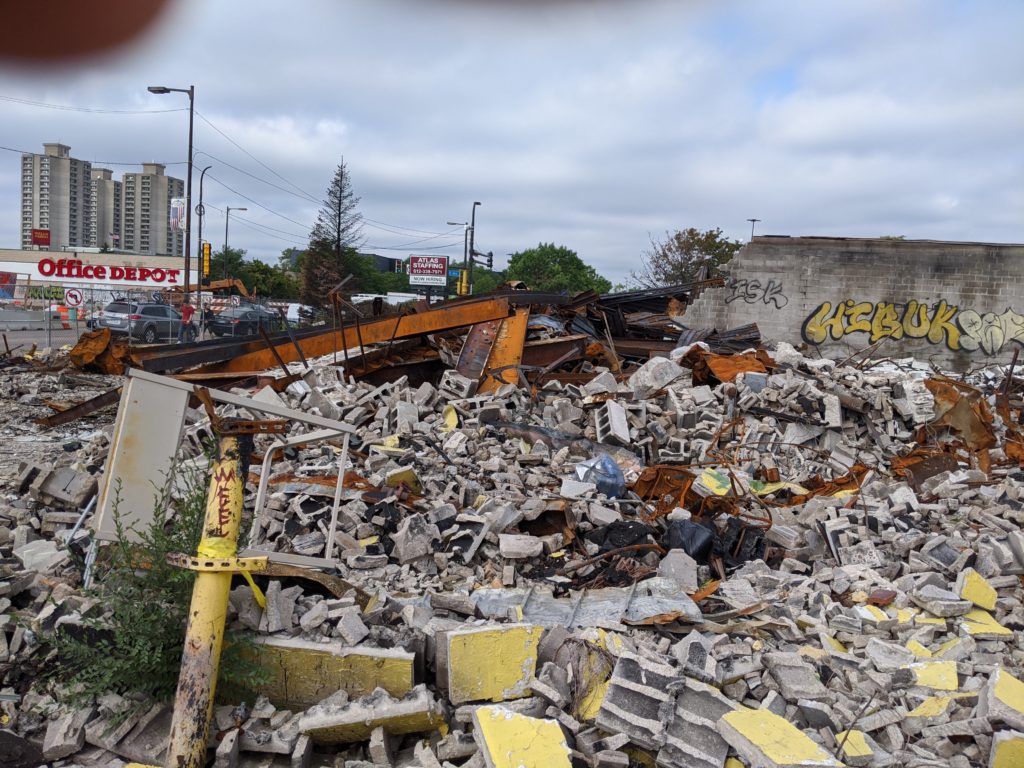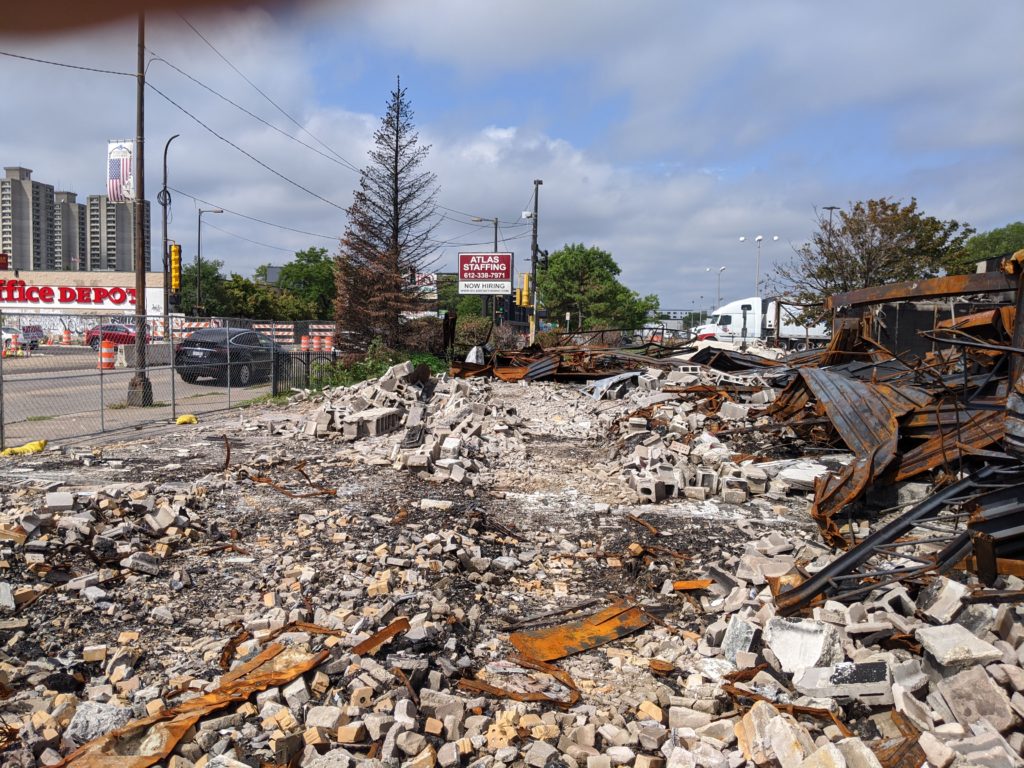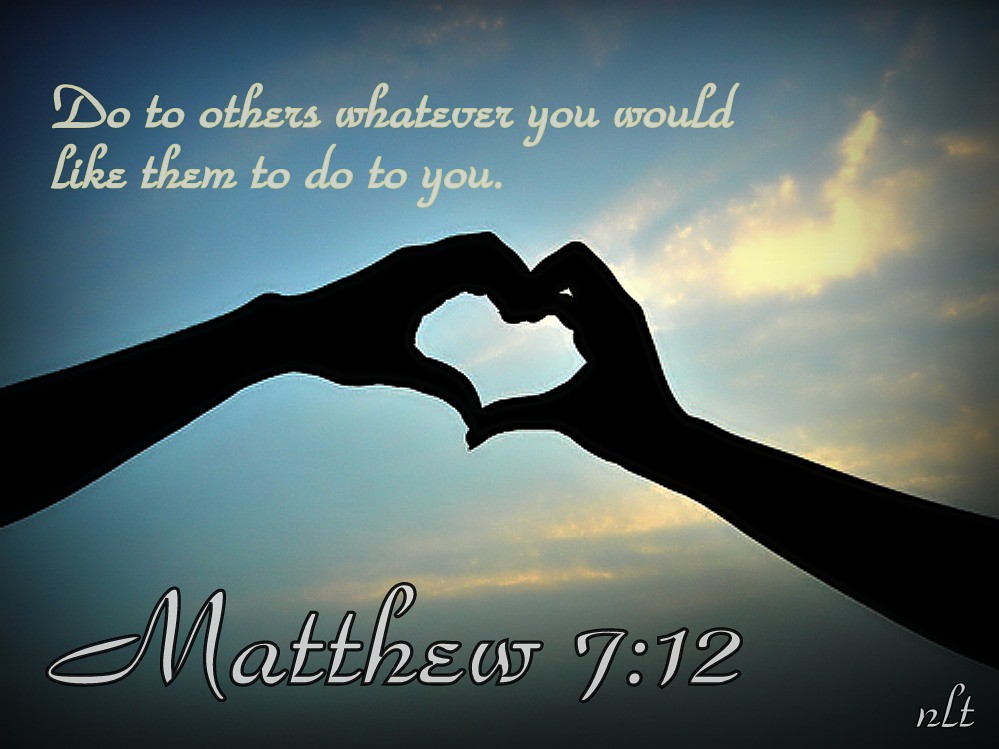
Dialectic Tension: I live in what I believe is called a dialectic tension. I believe I share a particular dialectic with many people.
On the one hand is the growing awareness of the history of racial injustice in America and the continuing push for change in today’s world. I embrace a push for improvements.
On the other hand, I have deep concerns about many aspects of the methods and goals of some of the current approaches to change. The tension comes because I seek to support the push and offer criticisms at the same time.
Most people I know, share this tension. A big fear is that criticizing an approach to racial progress is often perceived as being against racial progress. However, I do not believe in the same ends as some people. I also do not believe the ends always justify the means.
Diatribe is easy. Being one sided is easy. I takes work to see and accept both strengths and weaknesses in positions. Such work requires the ability to live with dialectic tension.
In my opinion our best hope for real progress is for intelligent people to adopt an attitude of dialog and not to adopt a – “my side is correct in all things” attitude.
I want to explore the dialectic tension in one area of concern for many people; the form of some current protests in support of racial progress.
First-Hand Knowledge: In our age of social media, I am often not sure about what to believe about the level of violence and looting in protests. I do not have first-hand knowledge. So, I asked some who is the position to have first-hand knowledge to enlighten me. He lives in Minneapolis. I asked him – “What is the reality of the protests in Minneapolis?”
Acknowledging my fear that I might be misunderstood, let me be clear: the death of George Floyd is tragic and protest is reasonable. It is the form that I am considering. I do not support violence, destruction of property or looting. I do not support the violation of the law, unless it is civil disobedience and people are willing to accept the consequences.
My friend took these pictures and sent them to me with the comment –the sad thing is – most of the damage was to minority businesses:


Protests Remembered: Some people approach the struggle for racial injustice by claiming past events are over, we need to focus on the present. Part of that is true, but when major events occur, we remember and hold the events as a part of our collective psyche for years. Think about 9/11. Is it still part of our national psyche? Of course, it is and it will be for years to come.
I believe violent forms of protest are wrong. Unfortunately, the lawlessness will be a part of the psyche of Minneapolis for years to come. Some whites will use it as an excuse for stereotyping, possibly even for retribution. It will not be forgotten soon. The same is likely true for Portland and Seattle.
Another Riot: Now imagine, what if the following occurring in Minneapolis, Portland, or Seattle:
What A riot occurs with a crowd estimated at over 5000 people
The crowd hangs the white mayor, he is cut down and saved at the last minute.
The crowd sets the courthouse on fire. The jail is on the upper floor. All of the prisoners are evacuated to the roof. All would have died, except the prisoner who is the cause of the riot is turned over to the mob, and the other prisoners were spared.
The alleged perpetrator is hung, shot and drug him through the streets. His body is burned and the corpse put on public display.

The mob loots stores; over 1000 guns are stolen.
The police are assaulted, shot and wounded.
Opponents are beaten.
The Army is required to restore order.
No one is convicted of a crime.
Would that event be remembered for a long time? I think the answer is yes. But it did not happen in Minneapolis, or Portland or Seattle.
It happened in Omaha Nebraska.
When: 1919 (The Red Summer) — within my parent’s lifetime, just 23 years before I was born.
Who: A white lynch mob.
Why: The crowd heard a rumor that a black man, Will Brown, had raped a white woman.
Will Brown was probably innocent but we will never know. The real tension was in part due to the northern migration of blacks and the competition for jobs. In addition, scholars believe the tension was due in part to the return of black veterans from WWI. They returned with a bolder more confident attitude than before the war. In any case, the alleged rape was just an excuse.
Omaha was not an isolated event. The same year, Chicago, Washington D. C. and other locations had major riots. The Tulsa massacre was just two years later.
I have good friends who are so frightened by our recent events they bought a gun for protection for the first time in their lives. Imagine the fear the minority community felt when they learned about the riots. Imagine living in the south where the fear was even deeper. Those memories lasted in the minds of many and shaped attitudes for years.
I condemn looting and rioting, but I must live with the tension that the minority psyche contains memories of riots and lynching of the past. It is not an excuse for violence but it helps me understand the depth of fear and other emotions felt by minorities.

Golden Rule: My prayer is that everyone learns and lives Mathew 7: 21 — So in everything do to others as you would have them do to you. Unfortunately, we have people on the left and the right who would do to others as was done to them. We live in a dangerous time.
Stay safe
Live in peace
Jerry
0 Comments